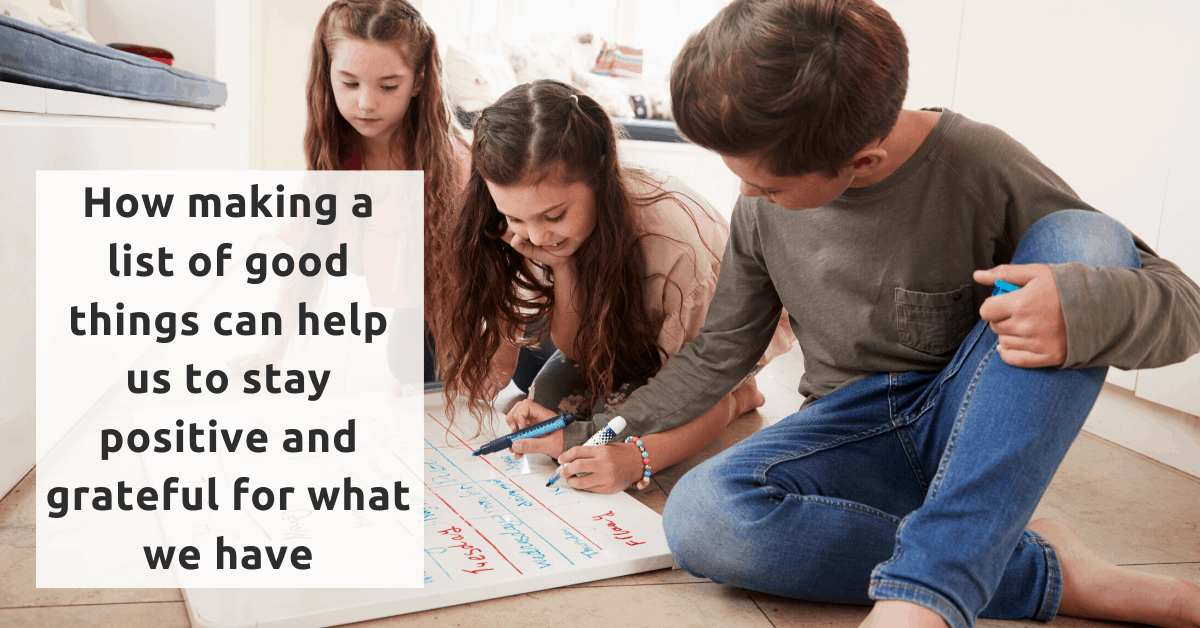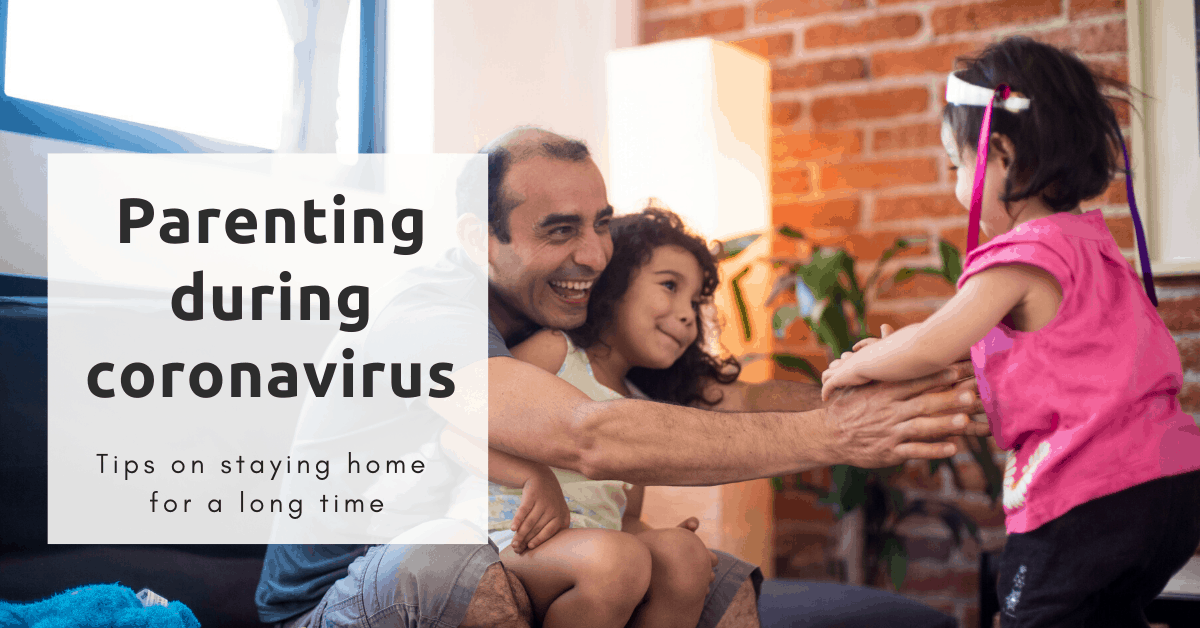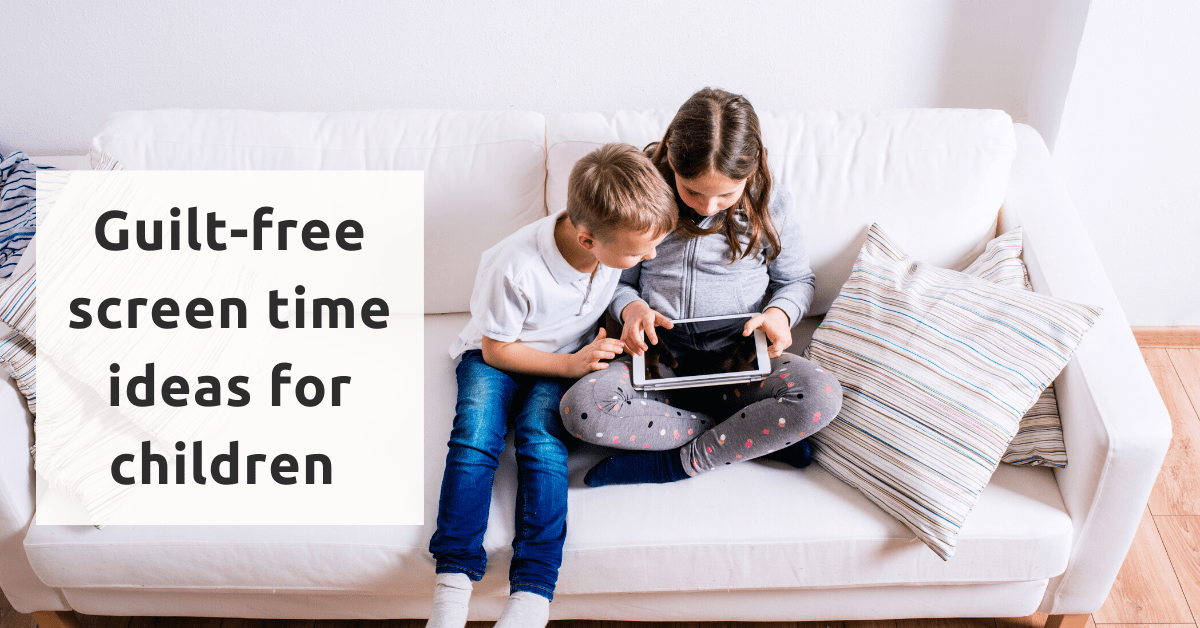Daniele Gargano – psychotherapist, an Italian living in Warsaw, father of 2 children – on how to talk to your children about COVID-19 and help your family to adjust to “the new normal”
In this challenging time, many of you may be wondering how to talk to your children about COVID-19. With schools across the country shutting down for weeks or months, you are finding yourself working from home while parenting and helping your families to adjust to the new normal. Here are some tips that may be helpful for parents.
Be a role model
When it comes to your children, role-modeling is everything. They pay attention to everything you say and do, imitating your words and actions, so make sure you are a strong, consistent, and positive role model, to foster better behaviors in your children.
Focus on the positive
Enjoy the time with your family, make it as pleasant as possible. Run activities together, connect, play, create. Family bonding time builds confidence, teaches children about interacting with others, and create wonderful memories that last a lifetime. Now you have the time to do it.
Establish a routine
Keeping a regular schedule provides a sense of control, calm, and well-being. A daily routine also helps children and other family members respect others’ needs during this time. Have your children participate in making the “new normal” for the next few weeks. Sit down together and make a new structure for home-based days, mealtimes, schoolwork time and different fun activities for morning and afternoon. Children always feel empowered if they can control some aspects of their life.
Time to talk
Make yourself available to listen and to talk. Be sure children know they can come to you when they have questions. Answer their questions truthfully but don’t offer unnecessary details or facts. If true, remind your child that your family is healthy, and you are going to do everything within your power to keep loved ones safe and well. Carefully listen or have them draw or write out their thoughts and feelings and respond with truth and reassurance. Younger children absorb scary information in waves. They ask questions, listen, play, and then repeat the cycle. A sense of control reduces fear. Remember to keep explanations age-appropriate.
Teach deep breathing
Teaching children to breathe provides them with a simple but effective strategy for slowing down, both mentally and physically. Deep breathing is a valuable tool for calming the nervous system. Do breathing exercises with your children, they will be more motivated to learn, practice, implement deep breathing if you make this skill fun to learn.
Explain social distancing
Teach your children that to avoid the virus social distancing is very important. If they don’t fully understand the meaning of this behavior, explain to them that it is like a game that helps us to prevent illness and keep the virus under control. Children often imagine situations worse than reality; therefore, offering developmentally appropriate facts can reduce fears.
Stay connected
Use technology for social interaction. Don’t retreat from social interaction – regular phone and video chatting with close friends and family is important for mental health. Even young children can and should video chat with grandparents, friends, and cousins. The connection provides support, feedback, new ideas, and humor when you’re feeling down.
…with the school too
Connect with the school staff. Reach out to your child’s teacher and other relevant school staff if you have concerns about their coping and keeping up with assignments or activities. Take advantage of the many companies and online platforms currently offering free learning opportunities.
About the Author
 Daniele Gargano, psychologist and psychotherapist, an Italian living in Warsaw, father of 2 children.
Daniele Gargano, psychologist and psychotherapist, an Italian living in Warsaw, father of 2 children.
Daniele offers psychotherapy in English (and Italian) – individual therapy, couples therapy, family therapy, cognitive behavioral therapy.
You can reach Daniele at danielegargano@gmail.com or skype: danielegargano_3.







